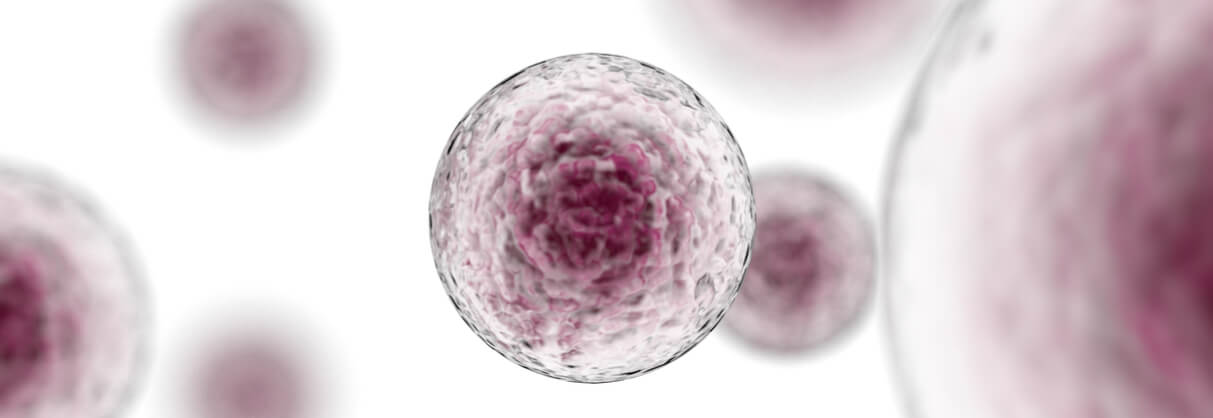Newsletter Signup - Under Article / In Page
"*" indicates required fields
Genenta Science has raised $8M (€7M) in the Series B fundraising round to continue investigating its use of hematopoietic stem cells to treat cancer.
Based in Milan, Genenta can add €7M to the €10M secured in Series A of fundraising. Italian, British and Swiss private investors led the investment, and it will allow the biotech to start a second tumor indication, adding to their current target multiple myeloma.
The company’s technology targets the immunosuppressive microenvironment that surrounds a tumor, which protects cancer cells from attack. A lentiviral vector delivers a therapeutic gene into hematopoietic stem and progenitor cells, which mature into monocytes and macrophages.
Genetically modified tumor-infiltrating monocytes/ macrophages selectively express interferon-ɑ in the vicinity of the tumor, which summons the immune system to clear the tumor. Interferon-ɑ has previously been used as a treatment but it is highly toxic. Their technology overcomes this by limiting interferon expression to the site of the tumor.
So far the strategy has only been tested in mice, but enhanced immune-mediated clearance of a transplanted human breast tumor was achieved.
A visual explanation of Genenta’s technology.
These findings suggest Genenta can branch out from multiple myeloma, though the decision as to which kind of cancer is ongoing. Earlier this year, Astex Pharmaceuticals received FDA approval for the frontline treatment, Kisqali. Transgene’s oncolytic virus treatment also provides competition in the field.
For now, Genenta Chairman, Pierluigi Paracchi, is happy with the progress being made and is looking to build a team capable of taking the company forward: “People matter more than anything else in this business… We focused on great people to develop the Luigi Naldini’s science and our corporate culture.”
Next, Genenta will likely aim to refine their product ready for use in clinical studies. A lot of hype surrounds the use of stem cells, and of course, precautions must be taken with their use but we are excited to follow Genenta’s progress.
Media – CI Photos / shutterstock.com; Genenta Science
Oncology R&D trends and breakthrough innovations







